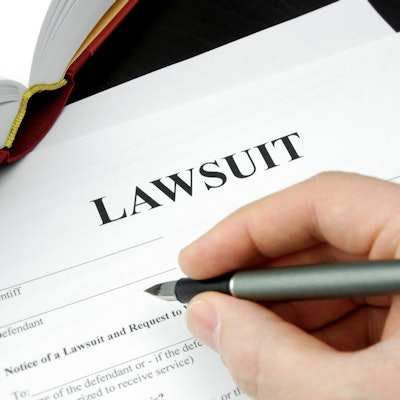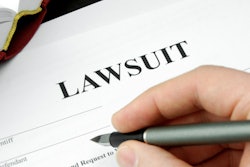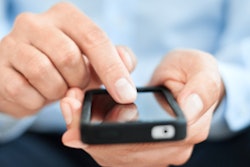
A woman in Florida is suing a dental practice, claiming it used an automatic telephone dialing system to send her and other patients thousands of unsolicited texts, like "We are open today!" She says the barrage of messages was a nuisance, invaded her privacy, and violated U.S. robocall laws.
Adriana Hill, of Broward County, filed a class-action suit on January 6 in the U.S. District Court for the Southern District of Florida against TLC Dental-Hollywood, claiming the numerous unsolicited text messages she received on her cellphone were sent without her consent. She claims the texts affected her ability to use her phone, according to the lawsuit.
Hill is asking the court to stop the dental practice from engaging in this "illegal conduct" and for her and any other members of the class to be awarded at least $500 for each unsolicited text message that a person received. Each member should receive up to $1,500 for each text if the court finds the practice's actions were willful, according to the suit.
The suit accuses the dental practice of violating the Telephone Consumer Protection Act, which put companies at risk of lawsuits if they send consumers unsolicited text messages. Specifically, it prohibits any person from calling a cellular number by using an automatic telephone dialing system without the recipient's prior expressed consent.
Hill claims she never gave written consent to be contacted by text message using an automatic telephone dialing system, and she has been on the National Do Not Call Registry since November 8, 2009.
In March 2019, she says she began receiving texts, like "We are open today! Take advantage as there are only a few openings left! TLC Dental-Hollywood," from the practice, according to the suit.
Due to the "impersonal and generic nature" of the text messages and that the texts came from short codes instead of 10-digit phone numbers, the suit states they are indications that practice used an automated system and, therefore, violated the robocall statute.
In addition, Hill claims that text messages she received led to the depletion of her phone's battery. She alleges that the battery used to power her phone can only be recharged a limited number of times before its voltage starts to decrease, leading the phone to shut off without warning.
She also says that the texts from TLC Dental-Hollywood ate up the memory on her phone, claiming each message took up approximately 190 bytes of space. The cumulative effect of these unsolicited text messages poses a true risk of ultimately rendering the phone unusable for text messaging purposes due to it diminishing its available memory, the suit states.
"The FTC [Federal Trade Commission] identified slower cellphone performance caused by a phone's memory being taken up as real harm," according to the suit.
The suit is filed on behalf of a class because it was fair to surmise from the way automatic dialing systems work that it was using it to reach all patients.




















